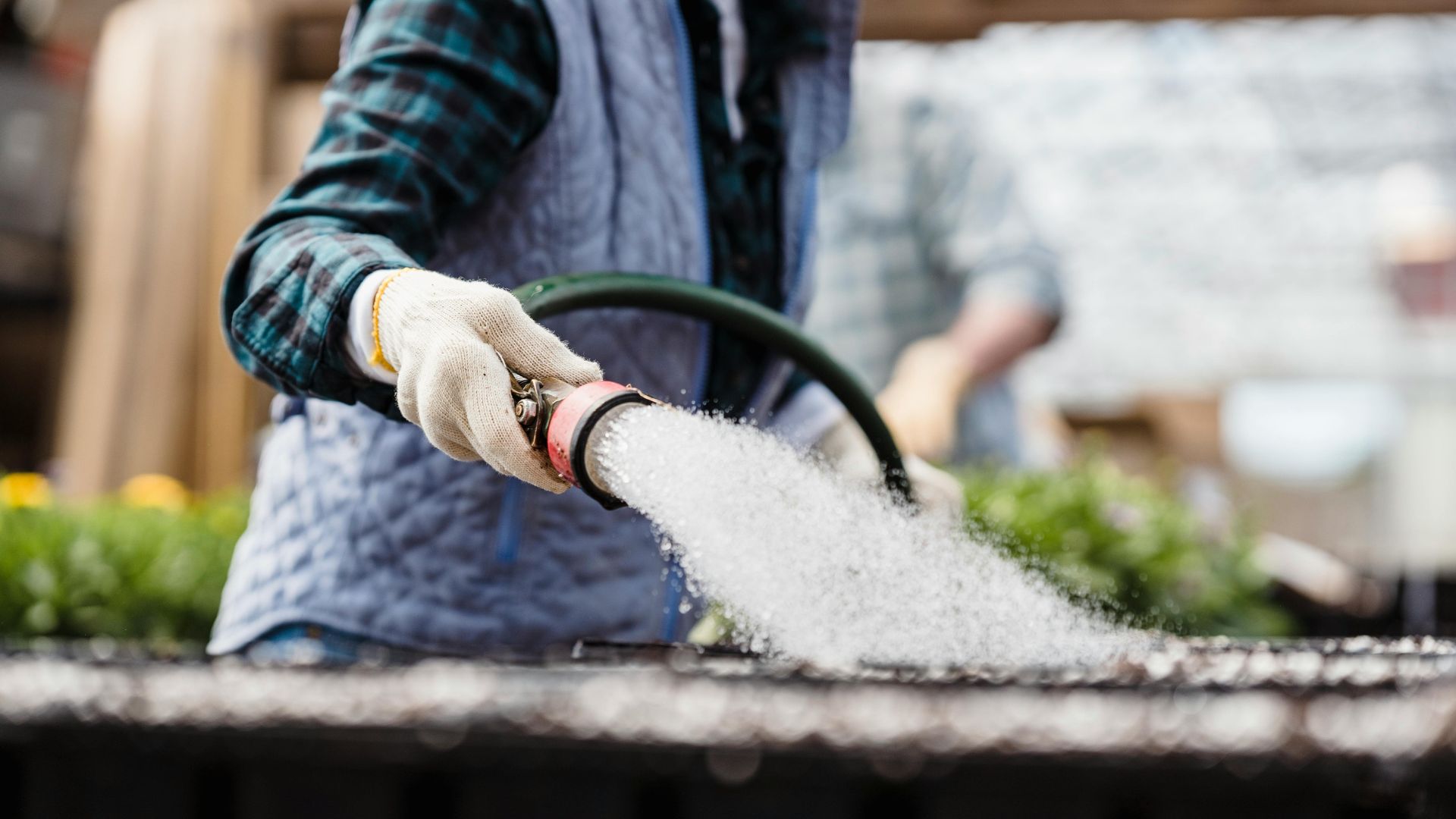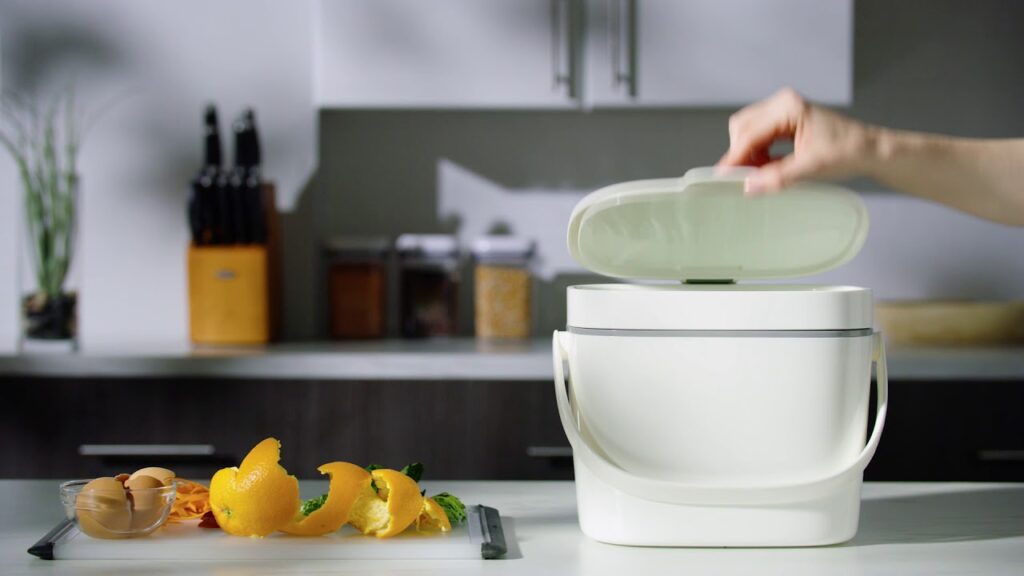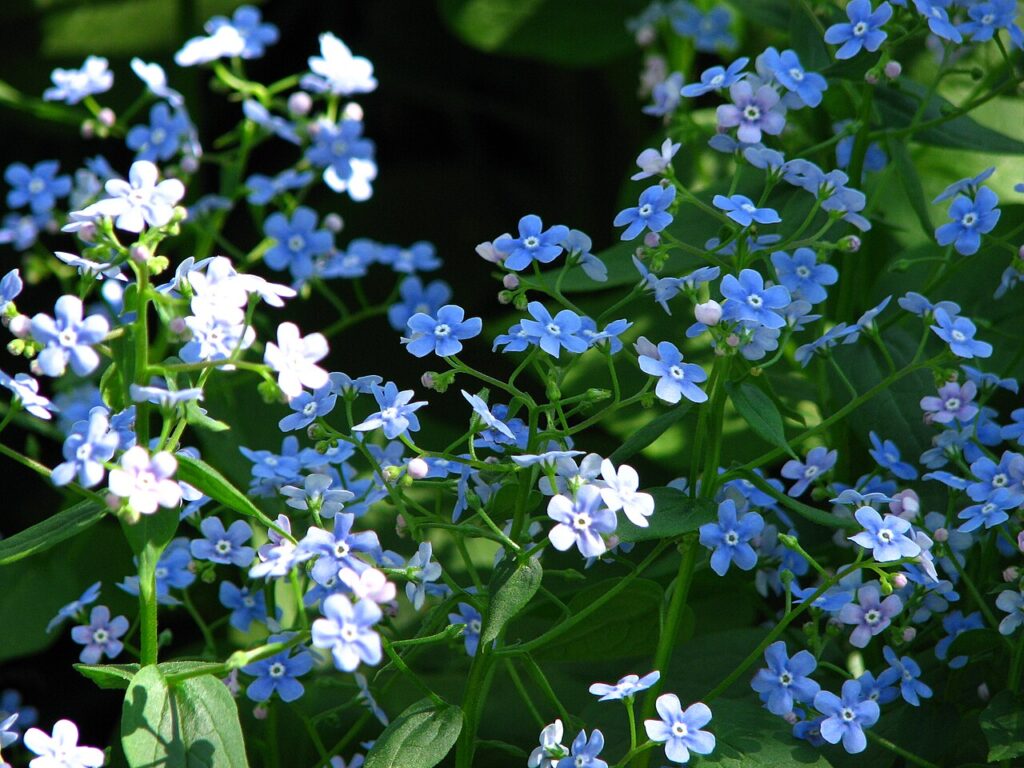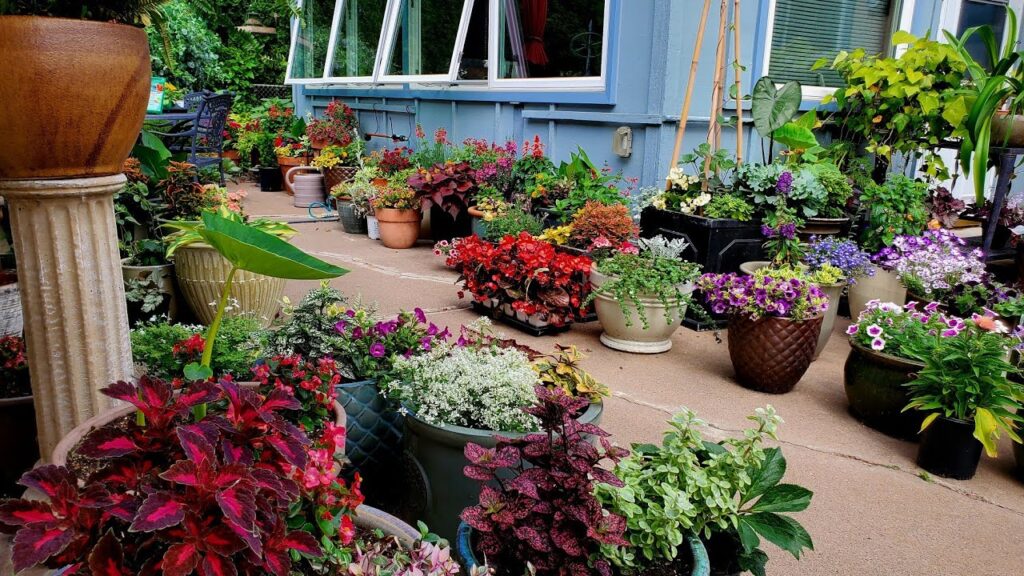Summer is prime time for gardens. The sun is out, plants are thriving, and your yard finally looks alive. But while everything may seem lush and green on the surface, there are a few common summer gardening mistakes that can undo all your hard work.
Whether you’re new to gardening or a seasoned grower, a few bad habits can lead to droopy plants, burned leaves, or an overrun yard. Here’s what to avoid to keep your garden healthy all season long.
Watering at the Wrong Time
One of the biggest mistakes gardeners make in the summer is watering during the heat of the day. When the sun is high, water evaporates quickly and can even scorch your plants if it sits on the leaves.
The best time to water is early in the morning. This gives your plants time to drink before the day heats up. Evening watering is okay too, but it can lead to fungal growth if leaves stay damp overnight. Use a soaker hose or water directly at the base of plants to avoid waste and disease.
Overwatering
Just because it’s hot doesn’t mean your plants need constant watering. Overwatering is just as harmful as underwatering. It can cause root rot, invite pests, and wash away nutrients from the soil.
Check the soil before you water. Stick your finger a couple inches into the dirt—if it’s still moist, hold off. Most plants do better with a deep soak a few times a week than a light sprinkle every day.
Skipping the Mulch
Mulch isn’t just for spring. In summer, it helps keep soil cool, retains moisture, and prevents weeds from taking over. Skipping mulch can lead to dry, compacted soil that stresses your plants.
Use a two-to-three-inch layer of organic mulch like shredded bark, straw, or compost. Keep it a few inches away from the base of stems to avoid rot.
Planting the Wrong Things
Some plants just aren’t meant to thrive in mid-summer heat. If you’re planting late, stick to heat-tolerant varieties that love long days and full sun.
Trying to plant lettuce or spinach in July will likely lead to frustration, as these cool-weather crops tend to bolt and turn bitter in hot weather. Choose sunflowers, okra, eggplant, or zinnias for a better summer harvest or display.
Read More: Best Shade Plants for Every Climate Zone
Forgetting to Feed
Plants use up a lot of nutrients during the growing season. By midsummer, your soil may be running low. If your flowers stop blooming or your vegetables slow down, they might need a boost.
Use a balanced fertilizer for most plants or something tailored to your crop. Just don’t overdo it—too much nitrogen can lead to lush leaves with no flowers or fruit.
Ignoring Pests
Summer brings bugs—and not all of them are good for your garden. Aphids, spider mites, and caterpillars love the warm weather as much as your plants do.
Check your plants regularly for signs of trouble. Look for chewed leaves, sticky residue, or stunted growth. Use insecticidal soap, neem oil, or hand removal to keep things under control. Don’t wait for a full-blown infestation to act.
Not Pruning or Deadheading
Letting your plants grow wild might feel natural, but too much overgrowth can lead to poor air circulation and fewer blooms. Deadheading—or removing spent flowers—encourages plants to produce more.
For shrubs or vining plants, light summer pruning can help shape them and redirect energy to where it’s needed. Just don’t prune heavily in extreme heat, which can stress the plant.
Ignoring Shade Needs
Even sun-loving plants need a break sometimes. If your garden is full of droopy, sunburned leaves, some things may be getting too much direct exposure.
Use shade cloths, taller companion plants, or strategically placed containers to provide relief. Keep in mind that younger or newly planted items are especially vulnerable to scorching.
Letting Weeds Win
Weeds grow fast in the summer heat and compete for the same water and nutrients your garden needs. It’s easy to fall behind if you ignore them for even a week.
Weed a little each day or dedicate one day a week to clean-up. Mulch helps here too by smothering weed seeds and keeping your soil less inviting to invaders.
Summer gardening is a joy—but it’s also a time when plants can quickly become stressed or overrun. Avoiding these common mistakes can help your garden stay healthy, vibrant, and productive all the way through the end of the season.
Keep an eye on the details, listen to what your plants are telling you, and enjoy the reward of a garden that keeps on giving.
Read More: Container Gardening: Grow Herbs Anywhere



